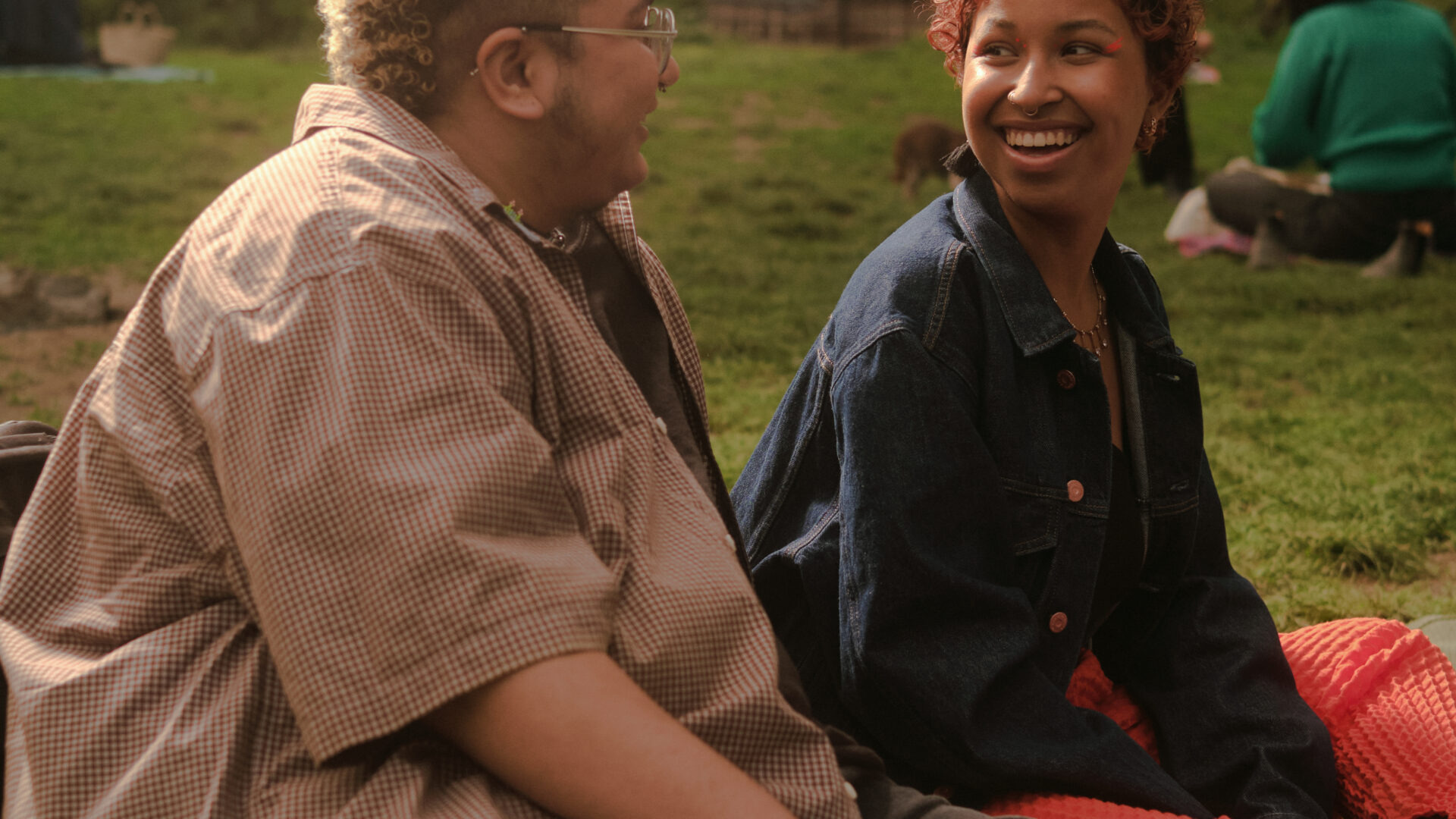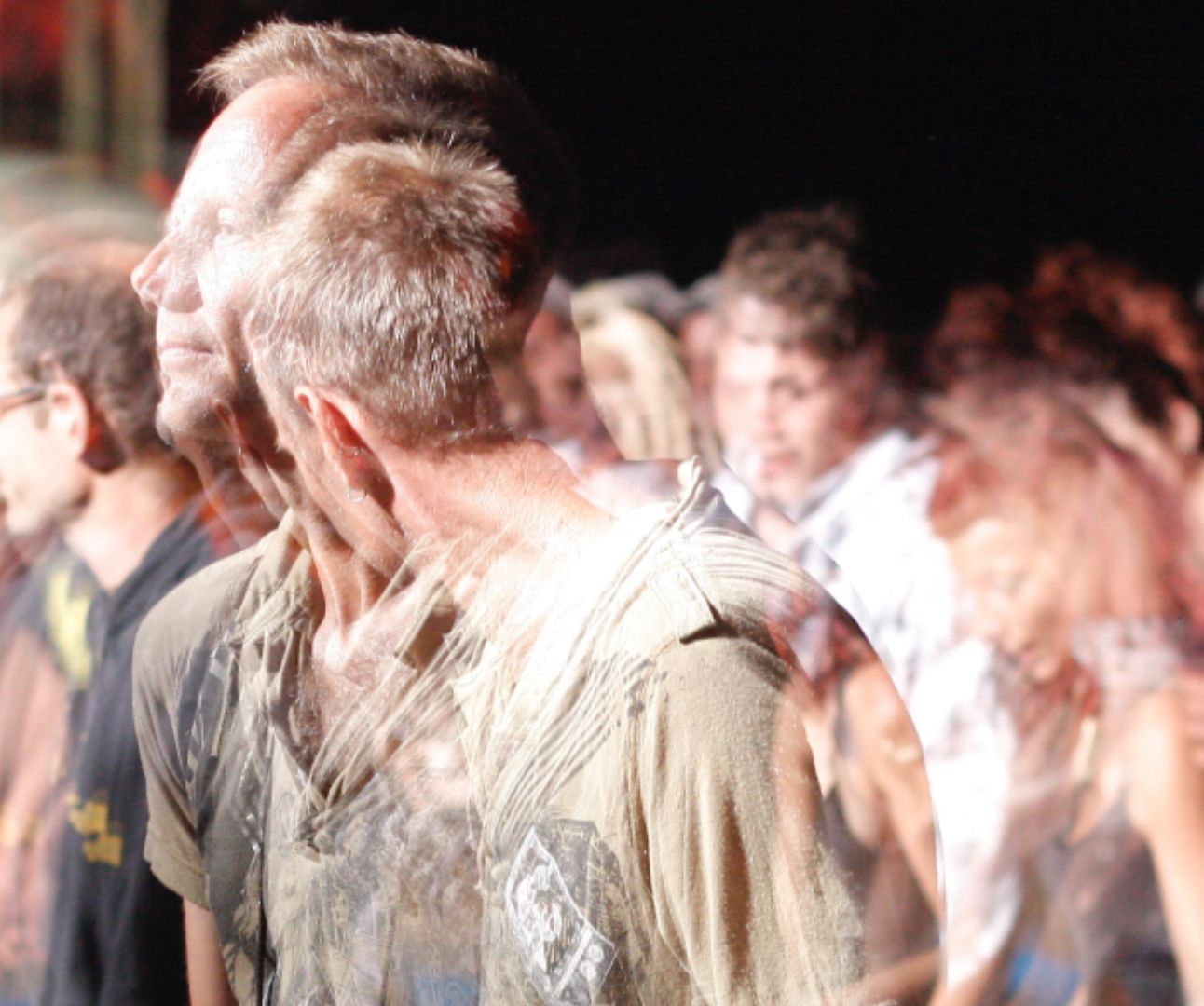
lgbtq+ representation in housing services
Findings from our reports - inclusion in housing policies and communications

akt is deeply saddened and disappointed in the UK government’s decision to block the Scottish Gender Recognition Bill. The Gender Recognition Bill was passed by a majority of 89 votes to 39 in the Scottish Parliament. Despite this, the Prime Minister has decided to block its implementation through invoking a Section 35 order under the Scotland Act, marking the first time it has been used. Regardless of the implications on Scotland’s independent democracy, the government’s decision to use trans rights as a means of challenging delegated powers is egregious and harmful.
Gender recognition reform is long overdue, with the current legal process being unnecessarily complex and dehumanising for trans people. This legislation would make the legal process simpler and crucially respect the dignity of trans people. As a charity that supports LGBTQ+ 16-25 years olds who are experiencing or at risk of homelessness, we also squarely support measures included within the bill to enable 16-year-olds to have their gender recognised legally.
Over 24% of young people experiencing homelessness identify as LGBTQ+ and 48% of the young people accessing our services identify as trans, non-binary and gender diverse – this rises to 63% in the southwest of England. Trans young people are more likely to experience homelessness, familial and intimate partner abuse and encounter discrimination when accessing services. 74% of trans young people said they were repeatedly belittled by their family members to the extent that they felt worthless before they became homeless. 20% experienced misgendering or deadnaming (referring to a trans person by the name they were assigned at birth) while accessing services (akt 2021).
These are stark statistics which point to the reality of what it is like to be trans, young and homeless in the UK today. Trans young people are already less likely to engage with services because of the fear of experiencing discrimination or previous experiences of encountering discrimination. This move will only stand to create additional barriers to accessing services, putting trans young people at an increased risk of homelessness, including rough sleeping.
Every time a young person experiences having their rights being ‘debated’ in the media and by politicians it has an impact on their wellbeing, mental health, and safety. At a time when hate crimes against trans people are rising, it is crucial that the UK government focuses its attention on what can be done to improve the lives of trans young people across housing, healthcare, and other areas where trans people still encounter structural inequality.
Now is the time for our community and allies to stand in solidarity with trans, non-binary and gender diverse people. Please share our statement and support organisations that work directly with and for the trans community.
If you have been affected by the topics discussed here, there are services out there who see you and respect you.

Findings from our reports - inclusion in housing policies and communications

akt partners with Just Like Us for School Diversity Week - 26-30 June, 2023

You don’t have to go through this alone. If you’re struggling with addiction, there are people who can help.